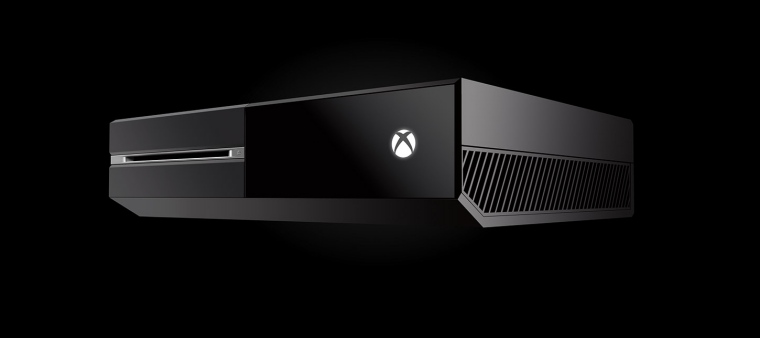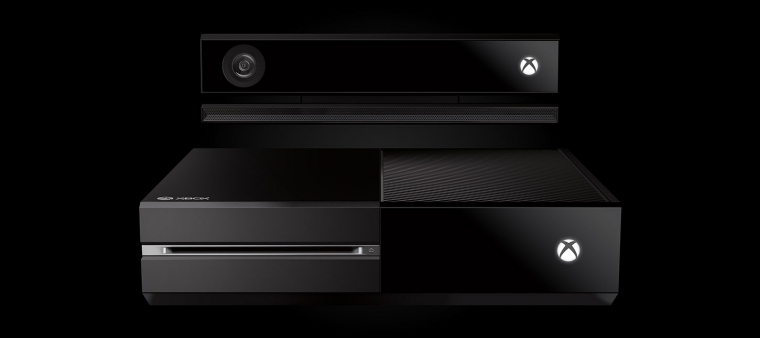The first point to highlight is that the Xbox One made a huge play as a media centre. It's not just about games, it's about second screen experiences, it's about watching TV and Film, it's about listening to music, and acting as a hub for your digital needs. All of that is linked to your Microsoft account.
The same Microsoft account that is tied to your handset.

To take one example, if you have an Xbox Music Pass to stream and download as much music as you can manage to your Windows Phone handset, that'll likely be synced and available on your Xbox One. It wouldn't surprise me if you could manage the media on your handset directly from the Xbox One, copying over music and video with ease, probably over local wi-fi so there are no cables required.
The Xbox One will be able to stream a lot of dedicated media content - I wonder if streaming will also be available to Windows Phone handsets tied to an Xbox One? It's unlikely to be available to standalone handsets, but used in combination with a home console would be an interesting move.
One area where Windows Phone will continue to have an advantage will be for independent developers. Microsoft will continue to restrict access to the Xbox consoles to specific publishers. Devs will need a distribution deal in place to get on the Xbox One. Which is not the case for releasing a Windows Phone app (although the restriction is in place if you are looking to release an Xbox Live branded title). Nevertheless, for indie game writers, Windows Phone is available, and (right now) Xbox One is not.
It's at this point that I want to point out some of the nice things that Sony are doing between the Playstation 3 console and the PS Vita handheld. The Vita can, in some cases, act as a controller for games on the PS3, and the touch screen can be used as another screen in many games - an inventory in an RPG, the rear view mirror in a driving game, etc.
These opportunities should be available to developers of Xbox One titles, and while they would have to regard a Windows Phone handset as an optional extra, it opens up some fascinating options for game development.

I think the main thing to take away from the announcement is that the full story of the Xbox One has not been told yet. This initial announcement sets the tone of the future announcements, and stops 'spoilers' in terms of specifications and design coming out. It keeps Microsoft in control of the PR strategy of the launch of the Xbox One.
The next major date in the gaming world is E3, the Electronic Entertainment Expo happing on June 11-13. I'd expect Microsoft to go into more detail about the gaming environment of the Xbox One at this point. I'd also expect the mobile gaming divisions of EA, Gameloft, and others to be present with their latest titles.
That could be the moment when we see the connectivity between Windows Phone and the Xbox One demonstrated, both with media and with games.
They'll tell their story at their pace, but Microsoft have put a lot of work into bringing different parts of their digital suite together, and I can't imaging that the Xbox One is not going to reach out to Microsoft's other digital elements.
